
Zitrac 200 Oral Suspension
Manufacturer
Pinarc Life Sciences
Salt Composition
Azithromycin (200mg/5ml)
Key Information
Short Description
Zitrac 200 Oral Suspension is an antibiotic medication used to treat a wide range of bacterial infections in children.
Dosage Form
Oral Suspension
Introduction
Zitrac 200 Oral Suspension is an antibiotic medication commonly given to children for the treatment of bacterial infections targeting the ear, eyes, nose, throat, lungs, skin, and gastrointestinal tract. It is essential to complete the entire course of this medicine to avoid the bacteria multiplying again or causing another infection.
Directions for Use
Give Zitrac 200 Oral Suspension with food to avoid an upset stomach. Encourage your child to drink plenty of water in case diarrhea develops as a side effect.
How it works
Zitrac 200 Oral Suspension is an antibiotic that works by interfering with the synthesis of essential proteins required by bacteria to perform important functions. It stops the infection-causing bacteria from growing further and prevents the infection from spreading.
Quick Tips
Complete the entire course of this medicine to avoid the bacteria multiplying again or causing another infection Give Zitrac 200 Oral Suspension with food to avoid an upset stomach Encourage your child to drink plenty of water in case diarrhea develops as a side effect Only give Zitrac 200 Oral Suspension to your child for their current infection Stop the medicine and contact the doctor immediately if your child develops an itchy rash, facial swelling, and breathing difficulties soon after the intake
Related Medicines
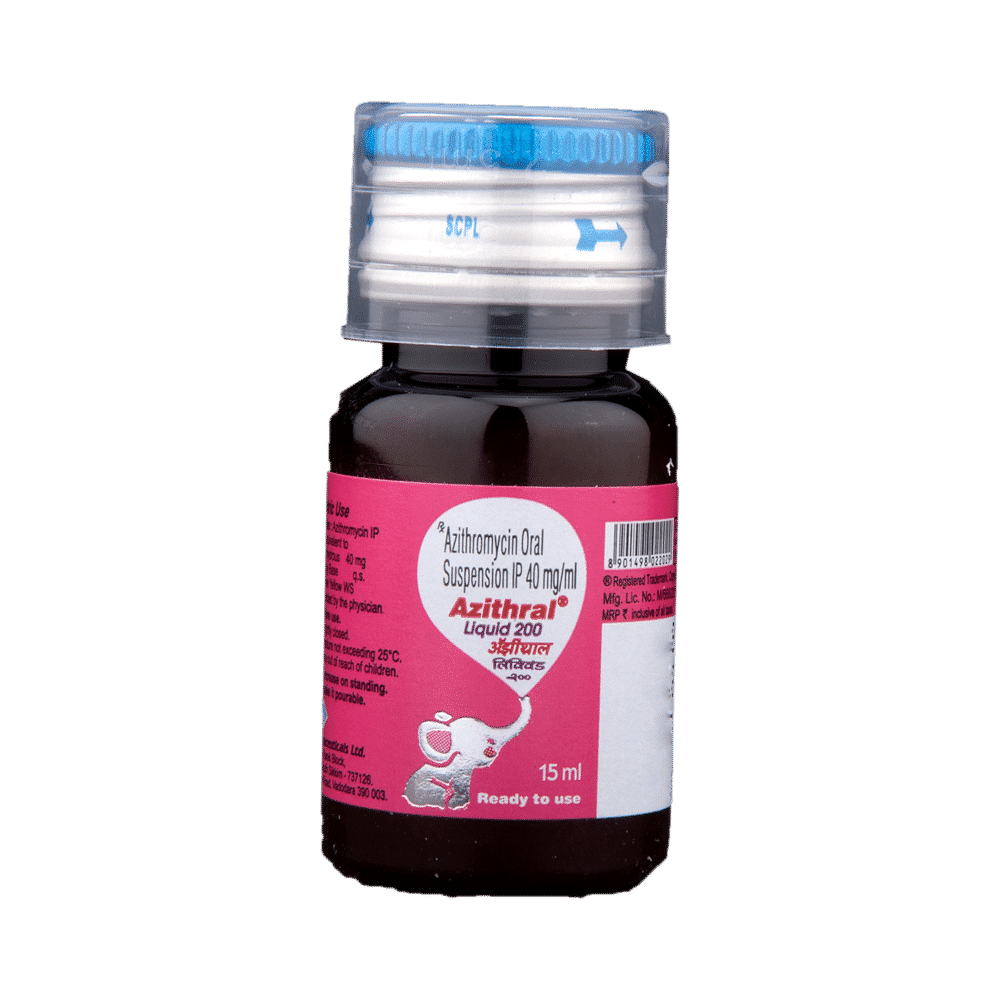
Azithral 200 Liquid
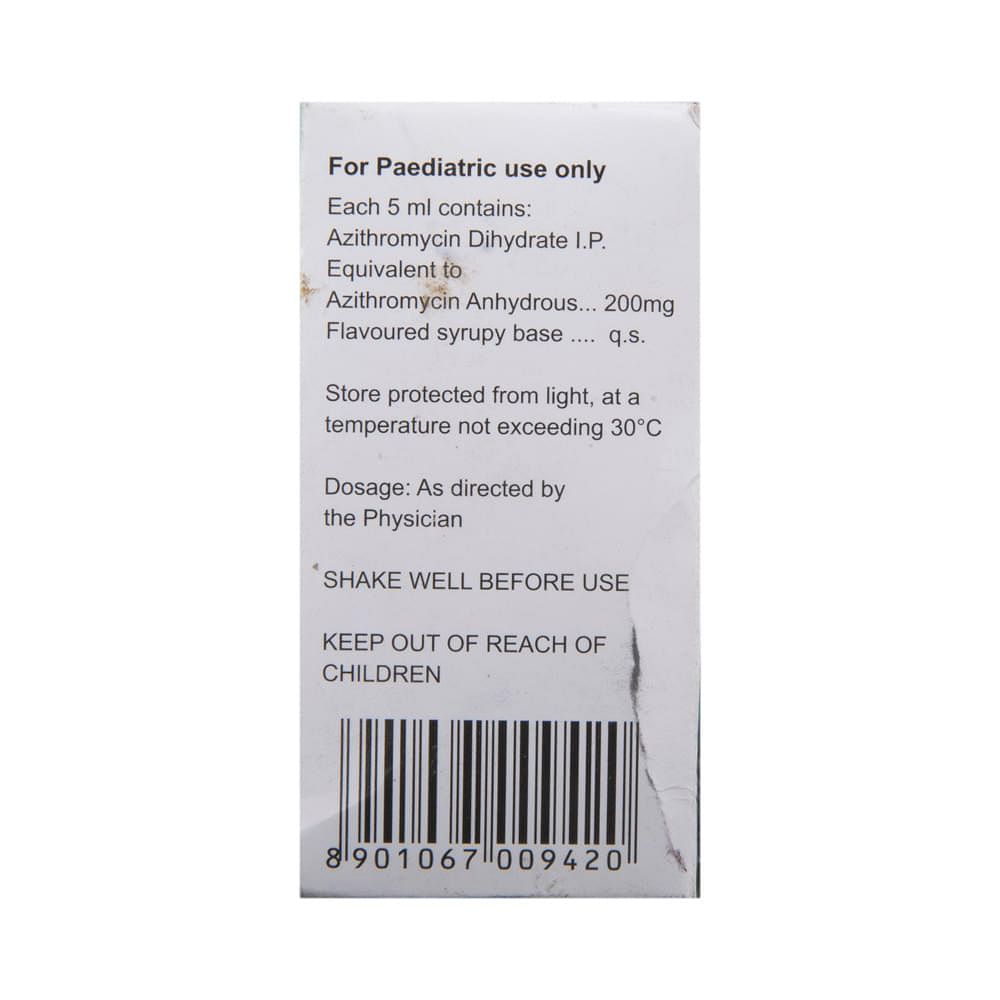
Aziwok 200 Liquid Mango

Azee XL 200mg Liquid Peppermint & Orange
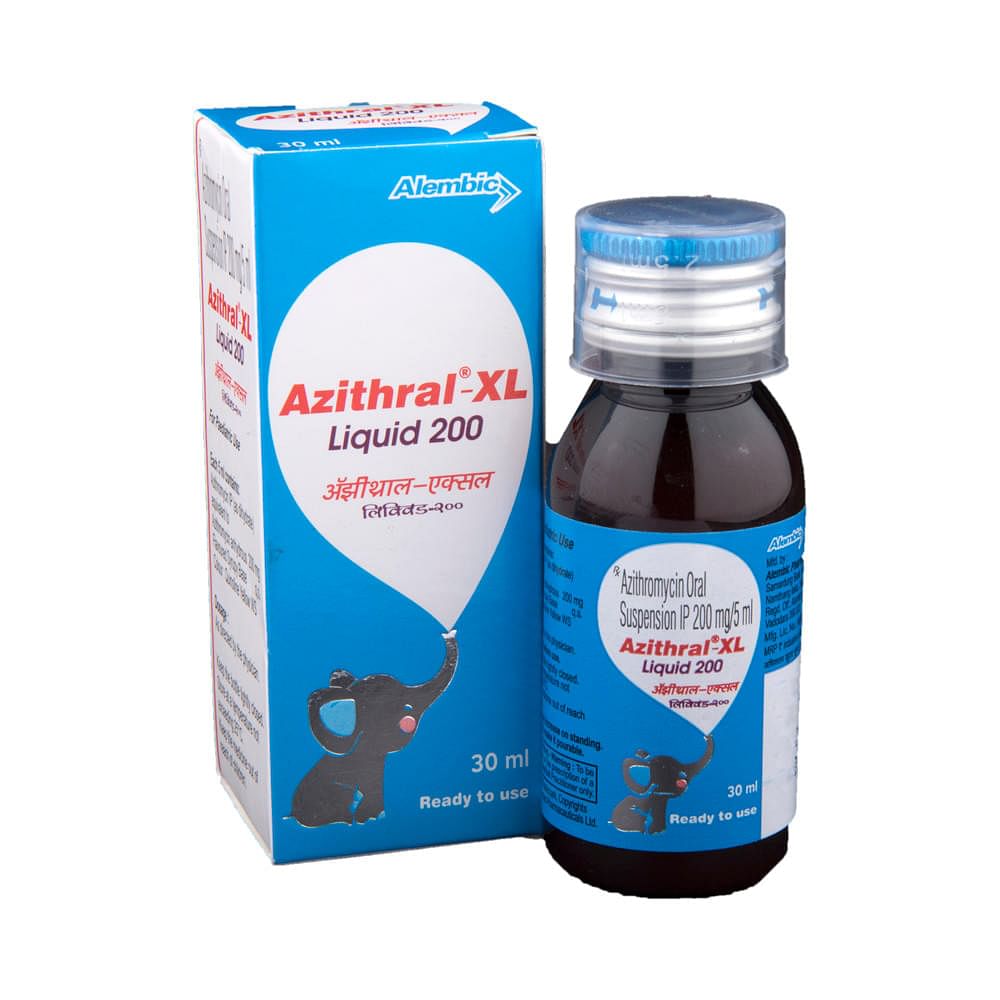
Azithral-XL 200 Liquid
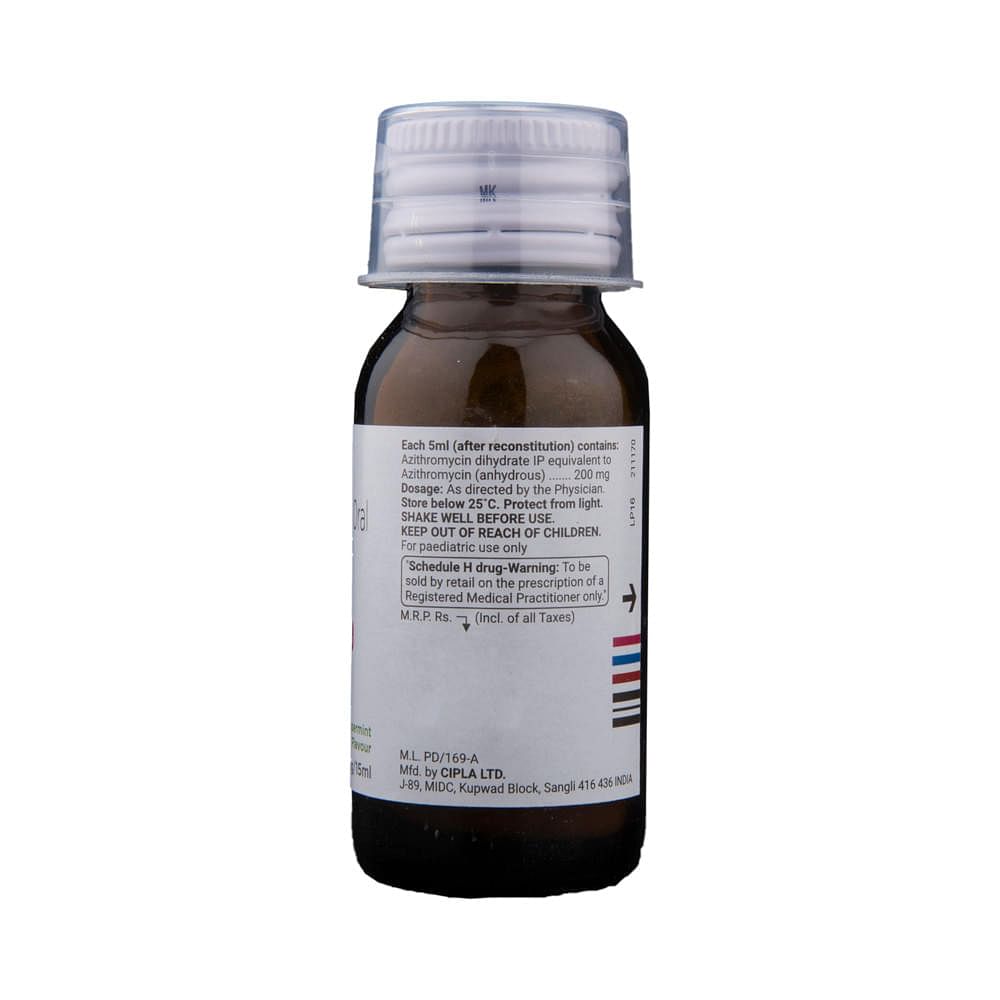
Azee 200 Dry Syrup Peppermint

Azibact LR 200 Readymix Suspension
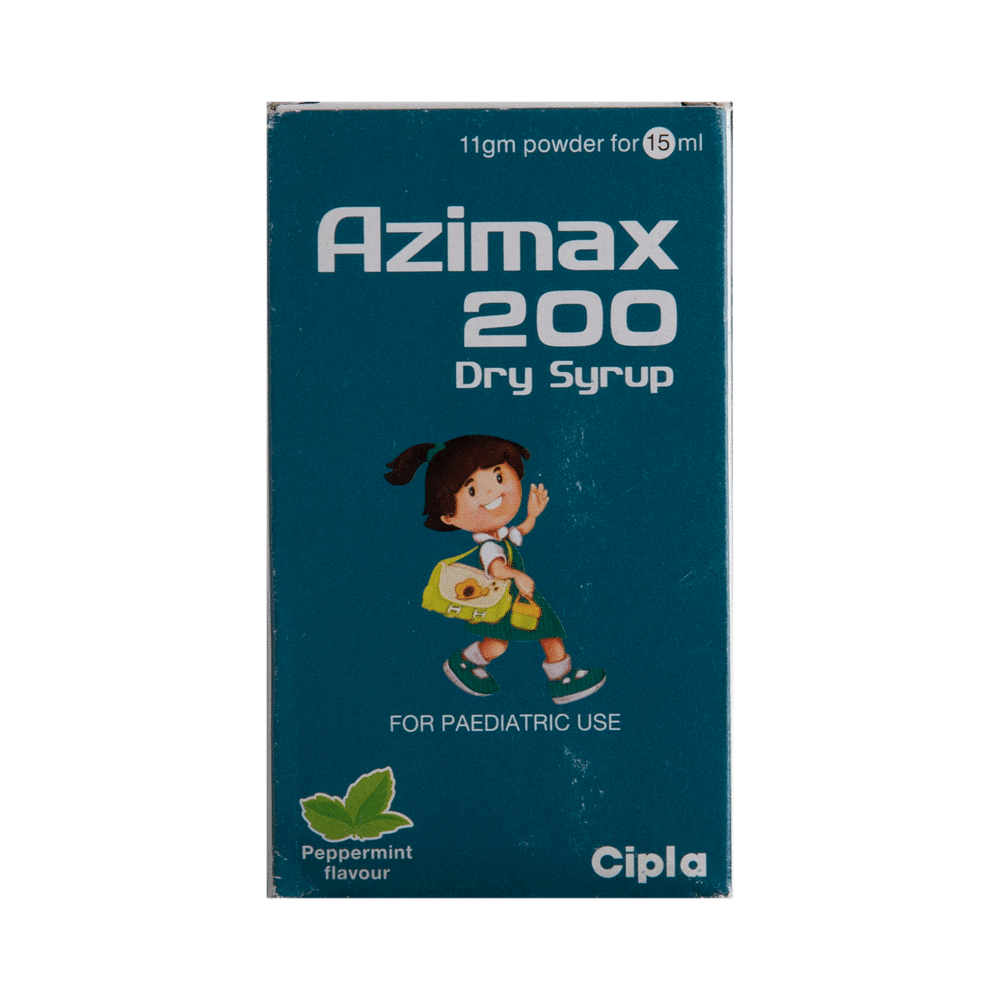
Azimax 200 Dry Syrup Peppermint
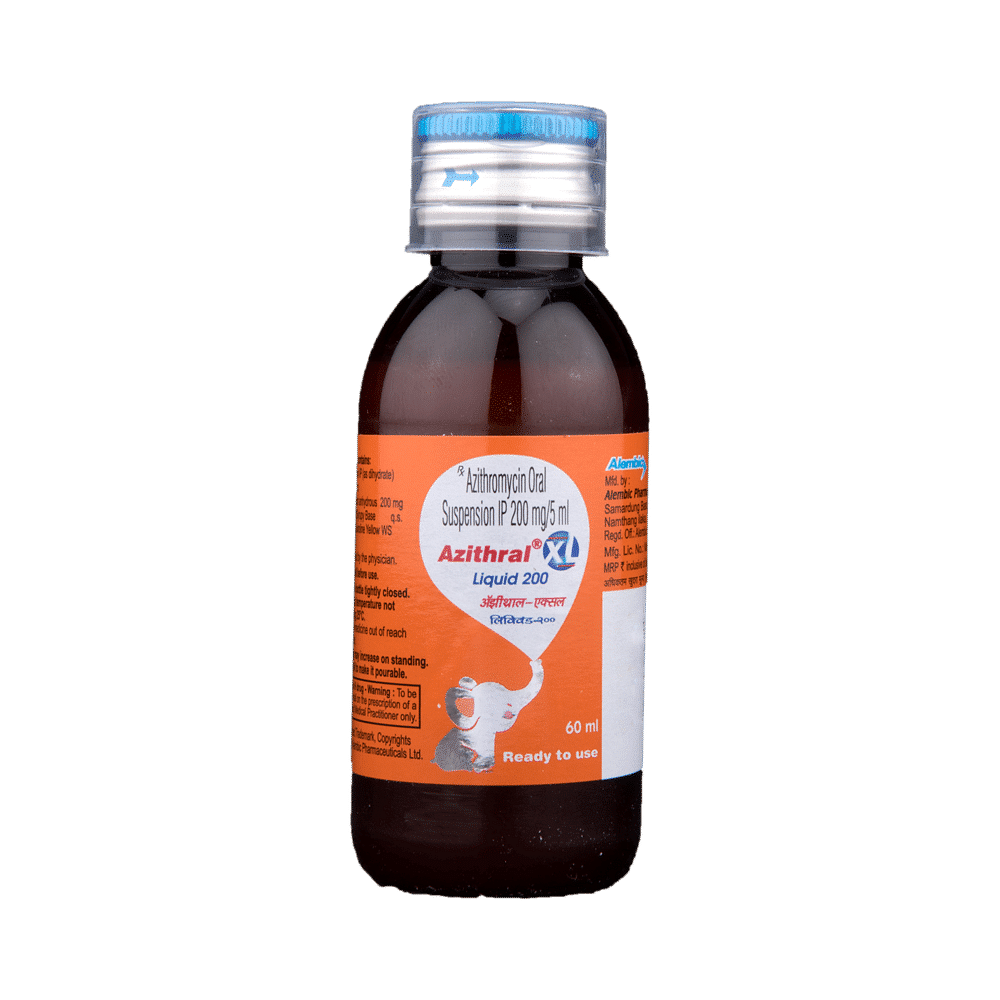
Azithral-XL 200 Liquid

Cuthro 200mg Oral Suspension

Introcin 200 OS Oral Suspension
Frequently asked questions
What if I give too much of Zitrac 200 Oral Suspension by mistake?
Zitrac 200 Oral Suspension is unlikely to cause significant harm if an extra dose is given. However, it's essential to contact a doctor immediately if you believe your child has ingested more than the prescribed amount. Overdose may lead to unwanted side effects and could worsen their condition.
Are there any possible serious side effects of Zitrac 200 Oral Suspension?
Serious side effects associated with this medication include persistent vomiting, kidney damage, allergic reactions (rash or difficulty breathing), diarrhea, and severe gastrointestinal infections. Consult a doctor immediately if you experience any of these symptoms.
Can other medicines be given at the same time as Zitrac 200 Oral Suspension?
Zitrac 200 Oral Suspension may interact with other medications or substances. It's crucial to inform your child's doctor about any other medications they are currently taking before starting this treatment. Always consult a healthcare professional regarding giving medication to your child.
Can I get my child vaccinated while on treatment with Zitrac 200 Oral Suspension?
Antibiotics typically don't interfere with vaccines or cause adverse reactions in children who have recently received them. However, it's important to avoid giving a vaccine until your child fully recovers from the illness before administering any further medication.
Which all lab tests should my child undergo while taking Zitrac 200 Oral Suspension on a long term basis?
Periodically, kidney and liver function tests may be prescribed by your child's doctor to monitor their condition closely while on this treatment.
Can Zitrac 200 Oral Suspension impact my child’s digestion?
Children often experience digestive discomfort when taking medication. Zitrac 200 Oral Suspension may also disrupt the balance of good bacteria in their gut, leading to an increased risk of infections. If your child experiences diarrhea while on this medication, do not discontinue the treatment course. Contact your child's doctor for guidance.
Why is Zitrac 200 Oral Suspension given for 3 days?
The duration of treatment depends on the specific bacterial infection and the patient's age. Zitrac 200 Oral Suspension may be administered as a single dose once daily, while in some cases such as genital ulcer disease, a single 1 gram dose is prescribed.
What should I avoid while taking Zitrac 200 Oral Suspension?
It's advisable to avoid consuming antacids with Zitrac 200 Oral Suspension as this may affect its effectiveness. Additionally, it's recommended to avoid prolonged exposure to sunlight or tanning beds, as Zitrac 200 Oral Suspension increases the risk of sunburn.
Is Zitrac 200 Oral Suspension a strong antibiotic?
Zitrac 200 Oral Suspension is an effective antibiotic used to treat various bacterial infections. It's known for its longer half-life, which means it stays in the body for a prolonged time and requires once-daily administration compared to other antibiotics, typically taken twice, thrice, or four times a day.
Can you get a yeast infection from taking Zitrac 200 Oral Suspension?
Some individuals may experience thrush (a fungal infection) after taking Zitrac 200 Oral Suspension. Antibiotics like Zitrac 200 Oral Suspension can kill the normal or 'good bacteria' in your gut that help prevent thrush. It's important to inform your doctor if you notice any signs of a yeast infection, such as a sore or vaginal itch, discharge, white patches on the mouth, or tongue.


